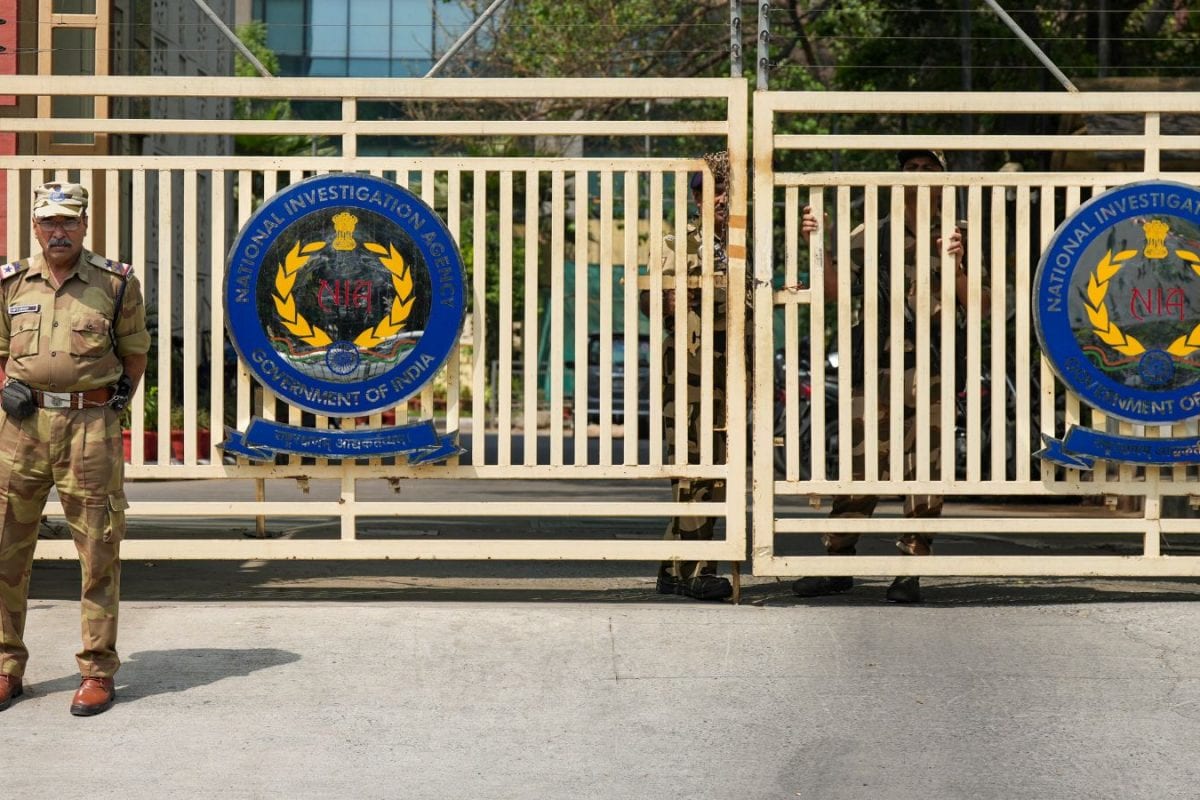Special Court Rejects NIA Plea For Polygraph, Narco Tests On 2 Accused Of Aiding Pahalgam Attackers
National NationalPosted by AI on 2025-09-11 15:32:44 | Last Updated by AI on 2025-09-11 17:27:54
Share: Facebook | Twitter | Whatsapp | Linkedin Visits: 0

In a major setback, a special court has rejected the plea of the National Investigation Agency (NIA) to conduct polygraph and narco tests on two accused who were charged with harbouring attackers in the 2019 terror strike in Jammu and Kashmir's Pahalgam.
The court cited the precedent set by theSupreme Court in 2016, which had ruled that lie detector tests are not scientific and have no evidentiary value. The court argued that the tests would harm the defendants' fundamental right to privacy.
Instead, the court approved the request of the accused individuals' counsel to supply them with secured spectacles. The defendants had complained to the court that the wired spectacles issued to them previously had lenses that were improperly fitted and hurt their eyes.
Their lawyer argued that the wired spectacles were essential for their safety, given the poor eyesight of both defendants. The defence counsel argued that the ordeal of the wired spectacles could affect the results of the tests.
The NIA had appealed to the court to allow the polygraph and narco analysis tests on Bashir Ahmad and Parvaiz Ahmad, who were accused of harbouring terrorists and providing them food and other logistical support in Pahalgam. The investigation agency believed these tests would help determine the extent of their involvement in the 2019 terror attack.
Are lie detector tests inaccurate and unreliable, as the Supreme Court has ruled? Or should they be used as investigative tools in high-profile cases? Join the debate in the comments section below!
The court's decision may disappoint those hoping for a breakthrough in the case, but the justices were following established legal precedent. Now, it remains to be seen how this development will impact the ongoing trial.
Search
Categories
Recent News
- 'Bhai Bahut Lucky Hai Tu': Teammates Pull Dube's Leg As He Wins Impact Player Award
- Bombay HC comes down heavily on authorities, grants extended temporary bail to Elgar Parishad accused
- Farooq Abdullah stopped from meeting detained MP Sanjay Singh in Jammu
- TN Assembly Assurance Committee's Inspection of Kanniyakumari District's Ongoing Projects
- Expansion Revolutionizes Hosur, Changing the Face of Rural Economy and Livelihood
- T.N. to move SC over TET judgment, says School Education Minister
- Telangana Court Warns Congress Government on Illegal Cases
- UP Govt's New Scheme to Benefit Local Homeowners in Chitrakoot